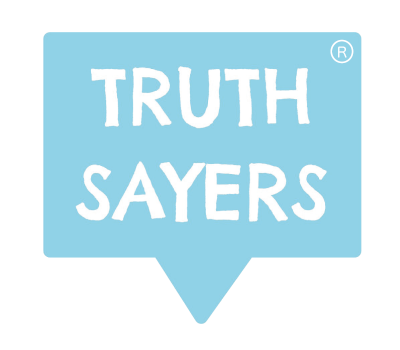Implicit is the only truth you need to know
Melania Trump’s body double. Presidential inauguration crowd sizes. Russian sightseers. Terrorist incident hoaxes. What do these statements have in common?
They all made global news headlines for purporting to be true.
With over half of the stories published on Facebook allegedly false, in this era of ‘Fake News’ it’s becoming more and more difficult to sort fact from fiction and make informed decisions about our personal or business lives.
Take your employees, for example. They are bombarded every day on social media with messages about new jobs, how to earn more money, issues around mental health, opportunities to improve their wellbeing. Their influences are literally worldwide and their motivations to develop their careers are virtually limitless.
With so much scope and opportunity to progress, the impact on businesses is enormous. According to Forbes, among the many reasons employees leave their jobs, pay and perks are not the highest ranking, but a feeling of being listened to and valued rates higher. They are tired of being ignored and overlooked and don’t have faith in their leaders. People want more freedom and quicker career progression. Many want to own their own companies.
And here lies the conundrum:
Do businesses really know how their employees feel?
New research published by the CIPD and the High Pay Centre has revealed that organisational culture plays as significant a role in building successful, sustainable organisations as reward practices. It advocates that work should benefit everyone, not just shareholders, and that job satisfaction and public esteem are the responsibility of the workplace.
Yet we can’t take truth for granted in our organisations. Saying what you feel and feeling what you feel are polar opposites. Through neuroscience and psychological studies over the past 20 years, it’s been proven that traditional employee questionnaires are flawed as a result of answers being given that have been affected through conscious thought processes, bias, guessing or simply not bothering to complete the survey in the first place.
How many companies have made fundamental business decisions over the years purely based on the findings of their latest employee engagement surveys?
Implicit Reaction Time, or IRT, testing really is the only way to find out the fundamental truth about how your employees feel about working for your organisation. The Truthsayers® Neurotech® platform computes thousands of individual timed responses and rank orders them so employers can see exactly which of the statements/affirmations presented is most implicitly associated with working for their organisation, capturing the instinctive automatic, gut responses of their employees.
Now companies that really want to augment their corporate culture and reward practices can develop strategies that successfully align with the feelings of their employees. And that is the only truth they need to know.


